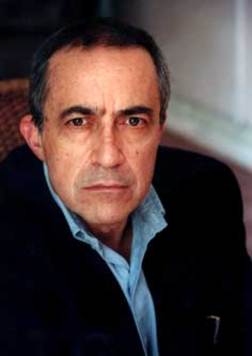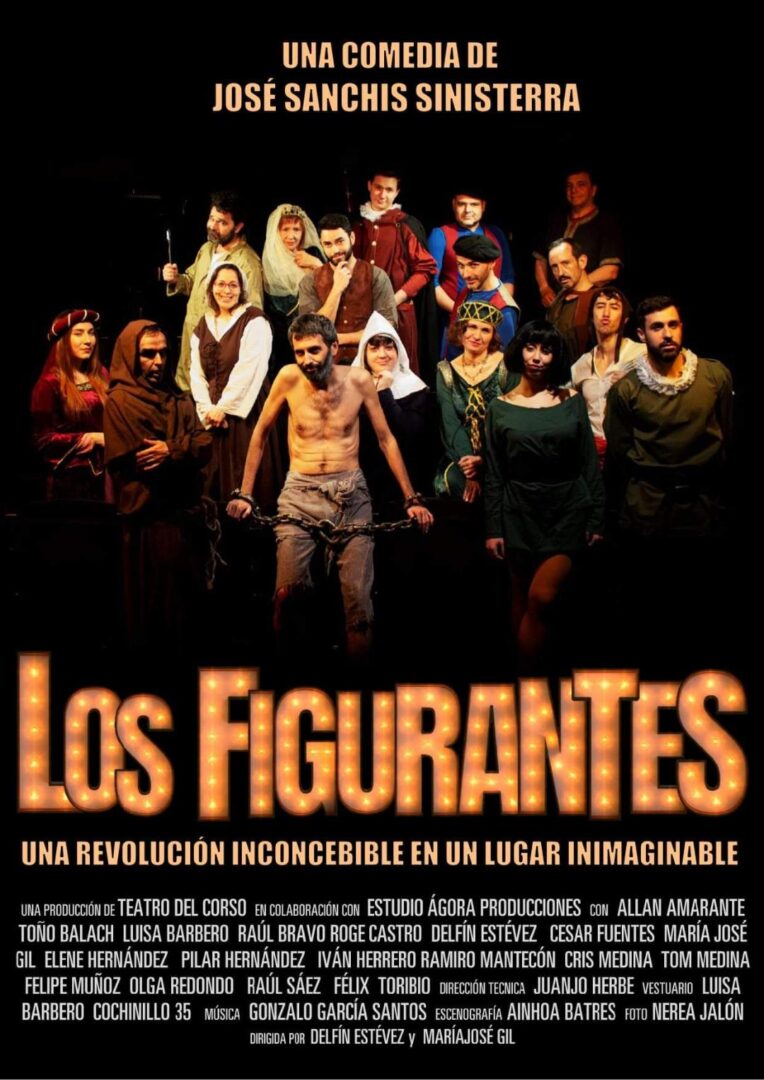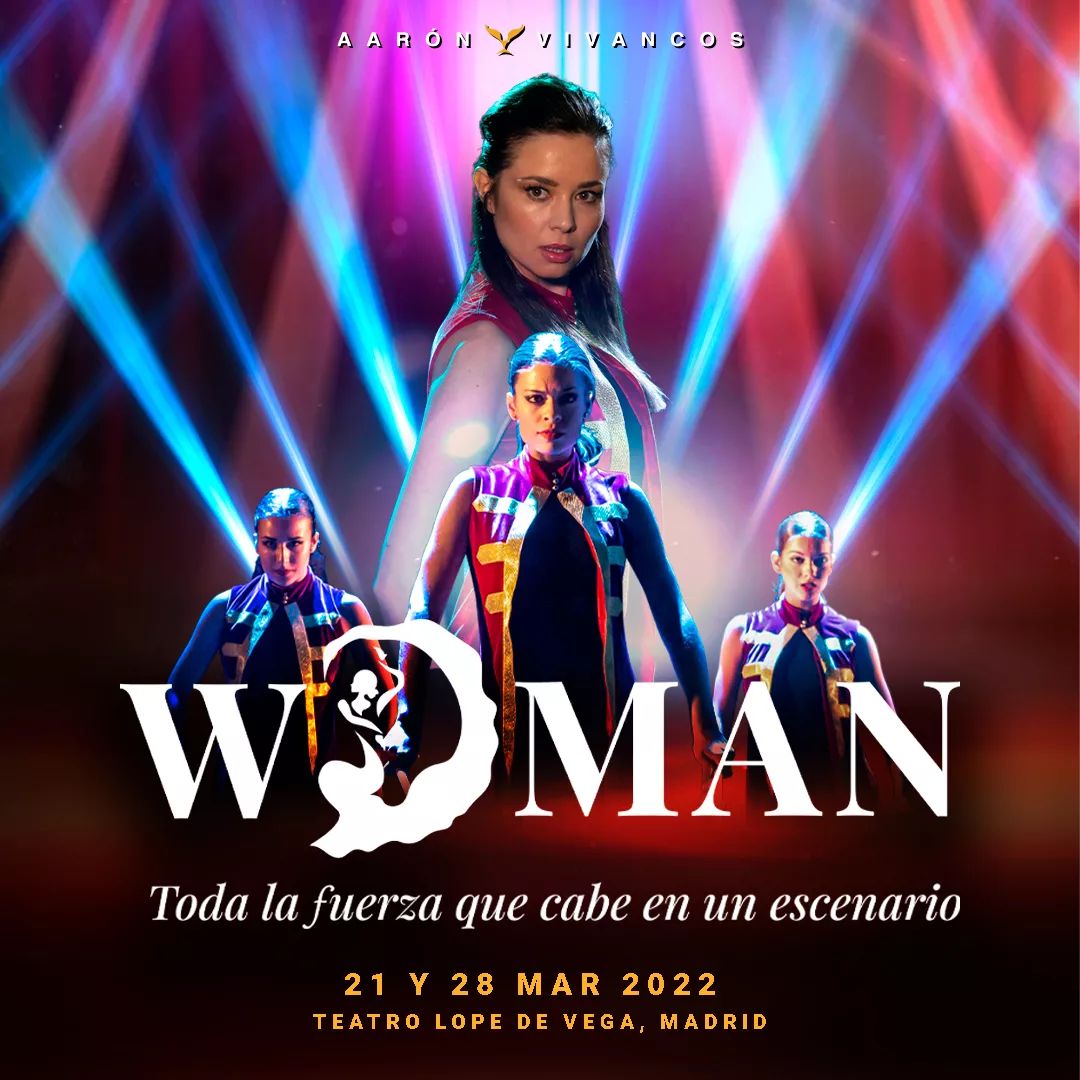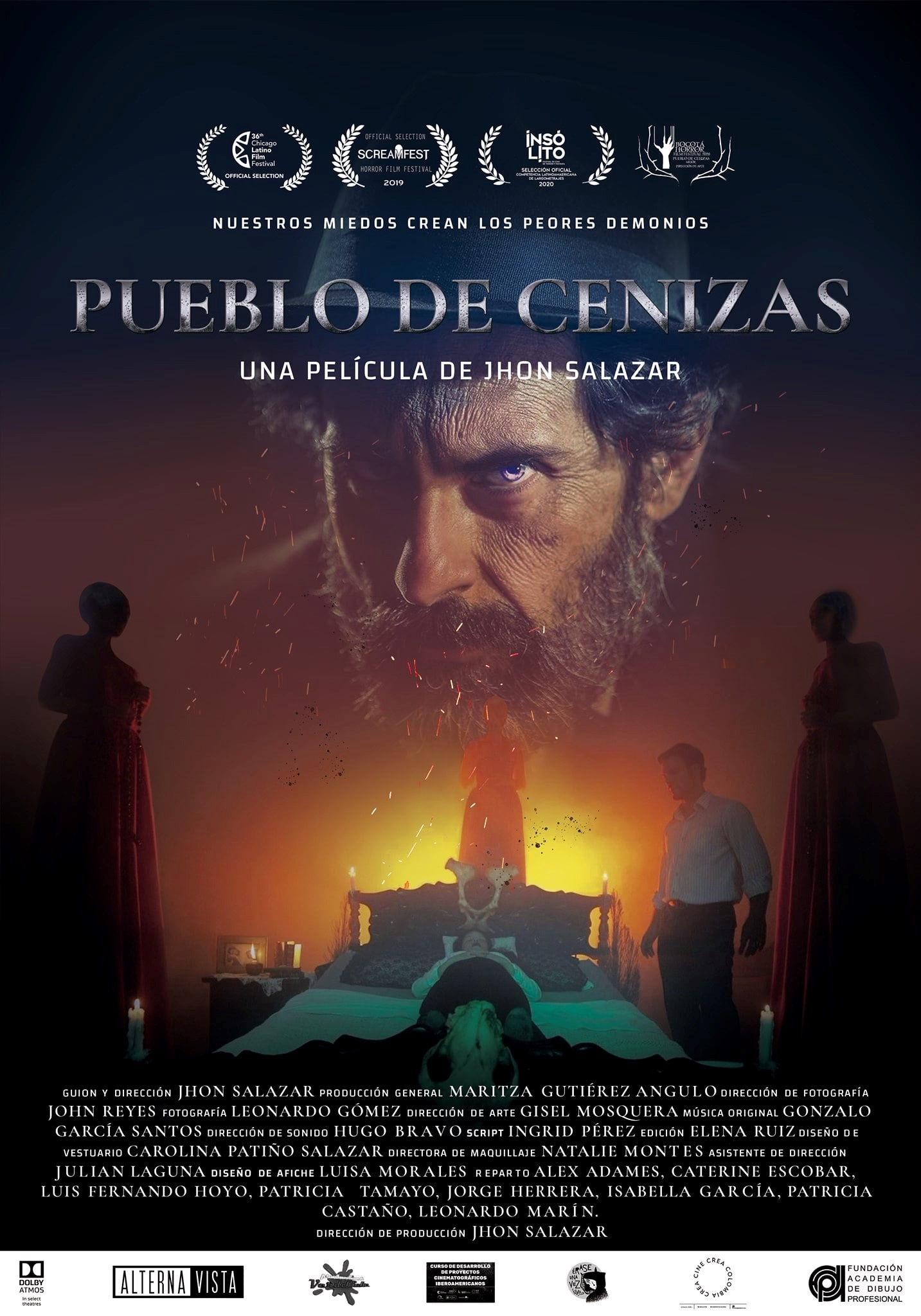Excellence does not necessarily have to be related to affectation and vanity. And that is the case of the Madrid composer José Nieto. His friendliness and approachability facilitate access to a person of great human and, of course, artistic quality. His generosity is proven by the pedagogical activity that has led him to give courses and conferences and to publish technical books on the profession of the film music composer (“Música para la imagen: la influencia secreta” S.L. Iberoautor Promociones Culturales.) A tireless worker, he has been nominated eleven times for the Premio Goya, winning six times: La pasión turca, El bosque animado, and El rey pasmado, among others.
His long experience (not only in film, but also in music for dance and theater) together with his analytical spirit, give him the authority to reflect on the craft of the film composer. Music is a dispensable element in modern cinema; it is an option. However, if one chooses to include it, one must know what is intended, where to include it and how. And on many occasions, directors do not know what music is for. Every filmmaker would consider it crazy to shoot without planning, but in terms of sound, few are those who plan the sound material of a film, that material that always exerts a hidden, mysterious influence, which is innate to the audiovisual product, that is to say, “audio” and “visual” at the same time, united and inseparable. That is why José Nieto never tires of insisting on the harmful effects of the so-called “montage music”, a music that is placed as a reference point for the audiovisual product. music that is placed as a reference in such a process before being handed over to the composer.
Film music must answer a series of basic questions. The first two are to be asked to the director: why and for what purpose do you want music in the film?
The next ones to the director and the editor: where do you want the music and when do you want it to start and where do you want it to end?
The last one is for the composer himself and no one can solve it for you: What should the music be like?
The first thing to get is the answer to the first two questions. The director must ask himself if music should be put in the film, if it is really needed. If the answer is yes, the next question is what do you want the music for, what do you expect from the music in the film, what do you want it to add to the image, to the sound, to the dialogue,…? When we have answered these questions we have fifty percent of the problem solved. We know that music has to be added and that it has to serve to add emotion to the images, to distance the spectator, to make the story transcend the era in which it occurs… or simply to underline the image, as happens with genre films. The possibilities are very varied, but in this first phase this is what we have to consider. Then there are a series of technical procedures: the synchronization of the soundtrack… and then that you manage to compose something that is good and that you can think of on February 27, because two weeks later it must be recorded”.
In the occasions in which I have met this great “craftsman” of music I have come to the conclusion that musicians have to know the codes of cinema and filmmakers the codes of music, José Nieto is a great advocate of this maxim.
José Nieto, pasó por el programa de Radio 3 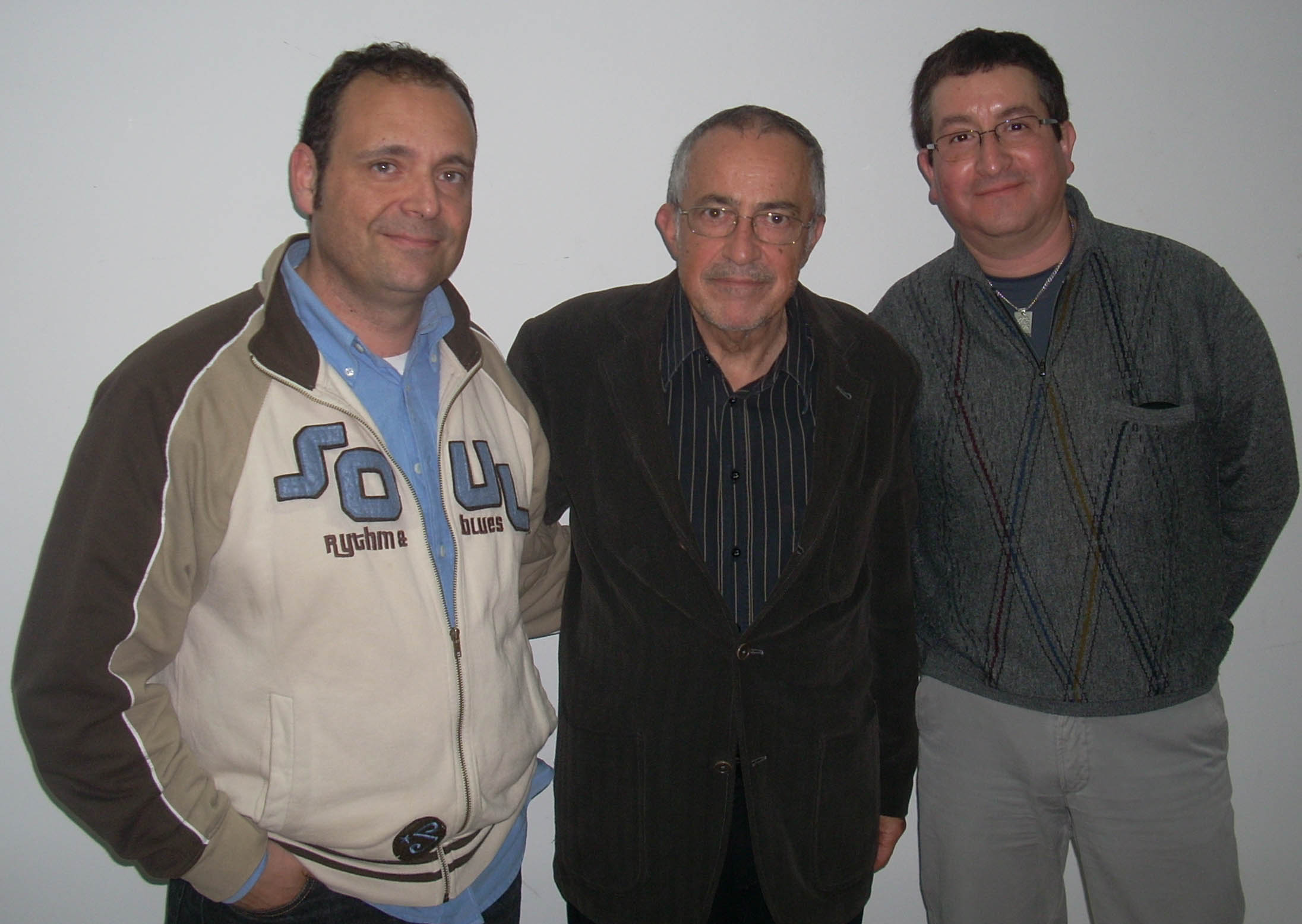
From right to left, Gonzalo Gª Santos, José Nieto and Jorge Alberto Sánchez.
